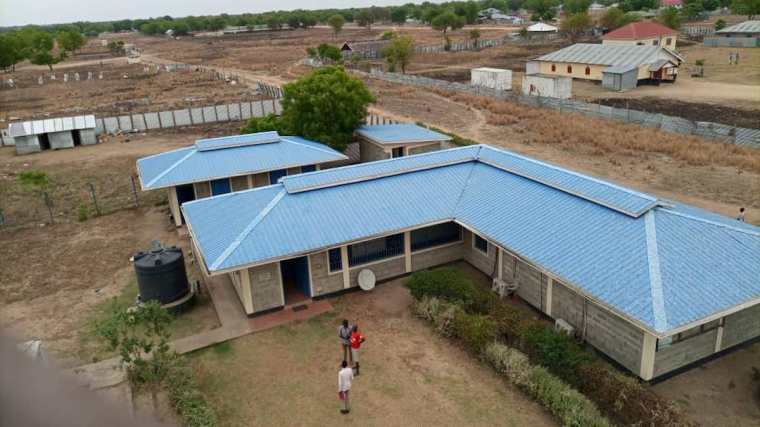On May 19, 2022, John Samuel Manyuon, minister of information and communication in South Sudan’s east-central Jonglei State, ordered the suspension of the local Radio Jonglei community broadcaster in Bor town, according to media reports, as well as Manyuon and managers at the radio station, who spoke with CPJ over the phone. The suspension was in response to Radio Jonglei “intentionally supplanting and superseding the government protocols and undermining the state leadership,” according to a copy of the suspension order, which CPJ reviewed.
John Achiek De’Mabior, Radio Jonglei’s executive director, told CPJ that on May 19 security forces and other authorities delivered the suspension notice, ordered the staff to leave their offices, and locked the doors. The notice did not specify the length of the suspension. The station reopened on May 24, according to De’Mabior and a copy of Manyuon’s order to lift the suspension, which CPJ reviewed.
The suspension was related to coverage of government officials’ statements on May 16 marking SPLA Day, according to De’Mabior and Radio Jonglei CEO Tijwog Agwet, who also spoke with CPJ, as well as media reports. The day commemorates the 1983 founding of the Sudan People’s Liberation Army (SPLA), which fought for southern autonomy from Sudan.
In an interview with CPJ, Manyuon defended the decision to suspend the station completely and accused Radio Jonglei of violating professionalism and journalistic ethics. Radio Jonglei had given preferential coverage to Jonglei State’s deputy governor over the governor, he said, adding that this amounted to incitement because of the political and ethnic divisions in the state government and South Sudanese society. The governor and deputy governor come from different ethnic groups, Manyuon said.
Manyuon said he ordered the suspension after he had summoned Radio Jonglei staff, who rebuffed his concerns about the coverage and asserted their right to editorial independence.
Agwet told CPJ that he was in Juba, South Sudan’s capital, when he learned of the suspension. He then traveled to Bor town, apologized for the coverage, and opened an internal investigation into the actions of the station’s staff.
“They were planning on…making a government committee to investigate them [the Radio Jonglei staff]. I said I will do my administrative business,” Agwet told CPJ. “I’m investigating my people.”
In his May 19 letter to Manyuon, a copy of which CPJ reviewed, Agwet wrote that “mistakes” were made in Radio Jonglei’s May 16 coverage by “omitting” the governor’s speech.
Agwet told CPJ that, given the sensitivities surrounding social and political divisions in South Sudan, Radio Jonglei’s coverage of SPLA Day did not adequately include the governor’s voice, but said the suspension was not appropriate.
“There are people who need to have access to information…they are not part of this [dispute],” Agwet told CPJ. “There are other important things that are being aired by the radio. So totally I disagree with the government for suspending and closing down the radio.”
On May 20, Elijah Alier Kuai, managing director of South Sudan’s Media Authority, the country’s media regulator, wrote to Manyuon to “advise” him to immediately lift the suspension of Radio Jonglei and “desist from interfering with the independent editorial policies of media houses.” The letter, which CPJ reviewed and was covered by local media, said any media violation complaints “must be filed with the Media Authority,” citing the 2013 Media Authority Act establishing the regulator.
Manyuon told CPJ that “the Media Authority has the role to advise, but does not have the role to order…We don’t need to take that [the authority’s letter] into account, we did not respond to them.” The suspension was lifted due to Radio Jonglei’s internal investigation and the state government’s desire “for the public to have freedom of press,” Manyuon said, adding that it wasn’t related to “intimidation from the Media Authority.”
Previously, between late August and late September 2021, Radio Jonglei was shut down over coverage of anti-government protests, according to media reports and Agwet.
